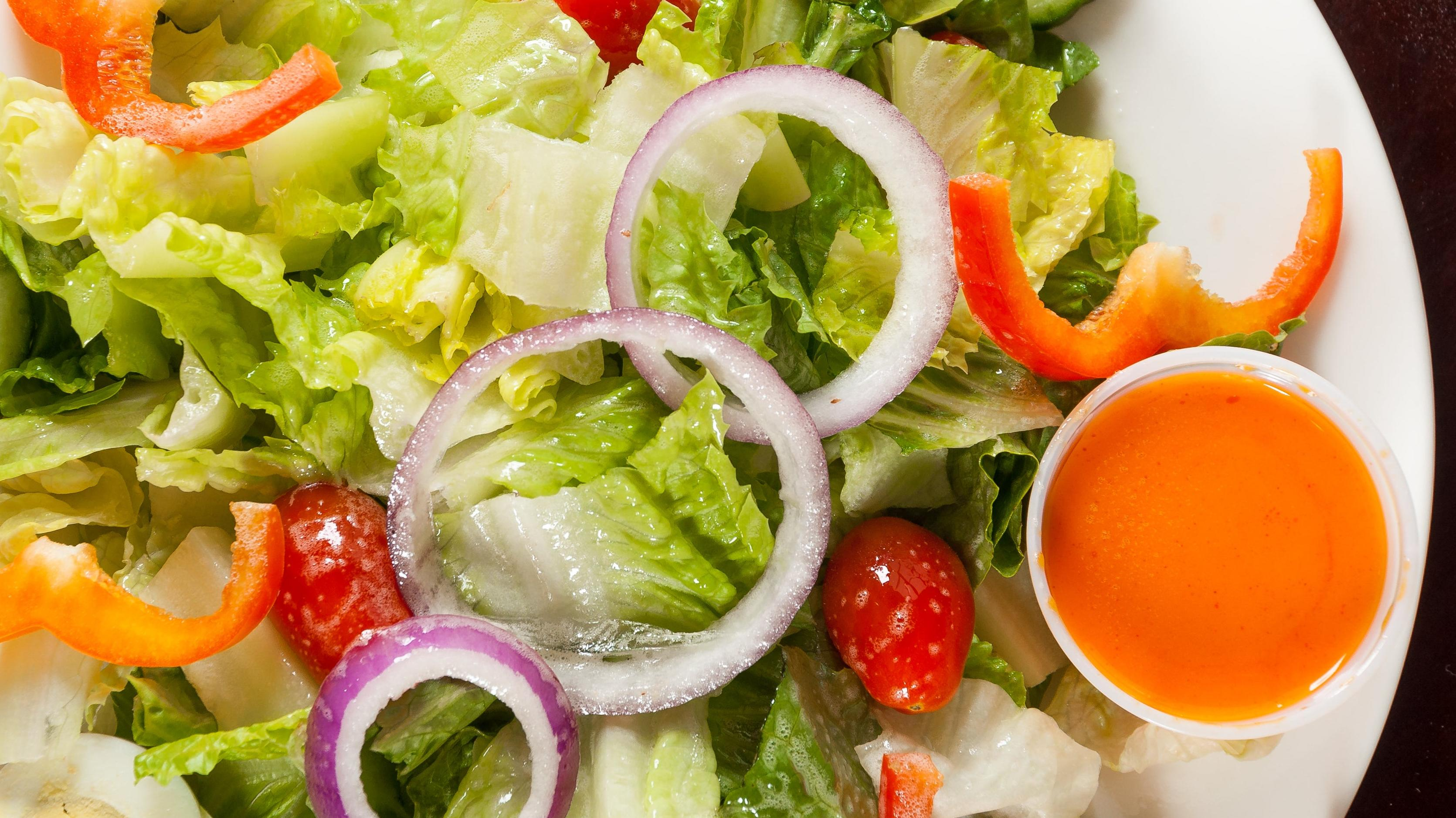French Dressing Faces An Existential Crisis
The FDA has revoked French dressing’s standard of identity.
I fear we may have an identity crisis on our hands. The most recent consumable product to lose sight of its individuality is French dressing. The U.S. Food and Drug Administration has revoked the "standard of identity" for French dressing, reports the Wall Street Journal.
The revocation of identity was done in response to a petition from the Association for Dressings and Sauces, a trade association representing salad dressing, mayonnaise, and condiment manufacturers. The petition has been part of an effort since 1998 to get the standard of identity revoked.
If you're like me and you're not sure what a food's "standard of identity" is , the FDA defines it as a detailed description of "what a food product must contain, how it must be proportioned and sometimes how it must be manufactured" in order to carry its name.
Unlike Gruyere cheese and champagne, the requirements for French dressing have nothing to do with its place of origin (which is funny, given its name). In the case of French dressing, it must contain oil, acidifying, and seasoning ingredients as well as other ingredients. However, the petition calls this standard outdated and the association noted that other salad dressings currently on the market with flavors, such as Italian or ranch, and compositions like low-fat contain less than the minimum amount of vegetable oil that is required of French dressing. On top of that, the ADS called out the fact that the current standards don't even mention tomato or "tomato-driven" products, which people often expect in French dressings.
In the end, all this ruling does is broaden the possibilities of what manufacturers can label "French dressing." Rather than see this as the end to French dressing as we know it, maybe we could look at this as an opportunity to innovate. Your next salad could be more modern than you thought.
